
Hisashi Ouchi Kept Alive for 83 Days Against his will
On September 30, 1999, Hisashi Ouchi and two colleagues at the Japan Nuclear Fuel Conversion Co. (JCO) were rushing to complete an order of nuclear fuel before the shipping deadline at the Tokaimura Nuclear Plant, Japan's first nuclear power station. To save processing time, the three men mixed the nuclear chemicals by hand instead of using the correct protocols.

Most Radioactive Man in History Hisashi Ouchi's Story in Hindi YouTube
r/FiftyFifty • 1 yr. ago Snoo_11612 NSFW SPOILER [50/50] - A forum displaying images of beautiful orange cakes (SFW) | Real Documentations of Hisashi Ouchi undergoing treatment after Nuclear Accident (NSFL) NSFL Archived post. New comments cannot be posted and votes cannot be cast. 3.7K 200 Sort by: Ok-Entry-3392 • 1 yr. ago
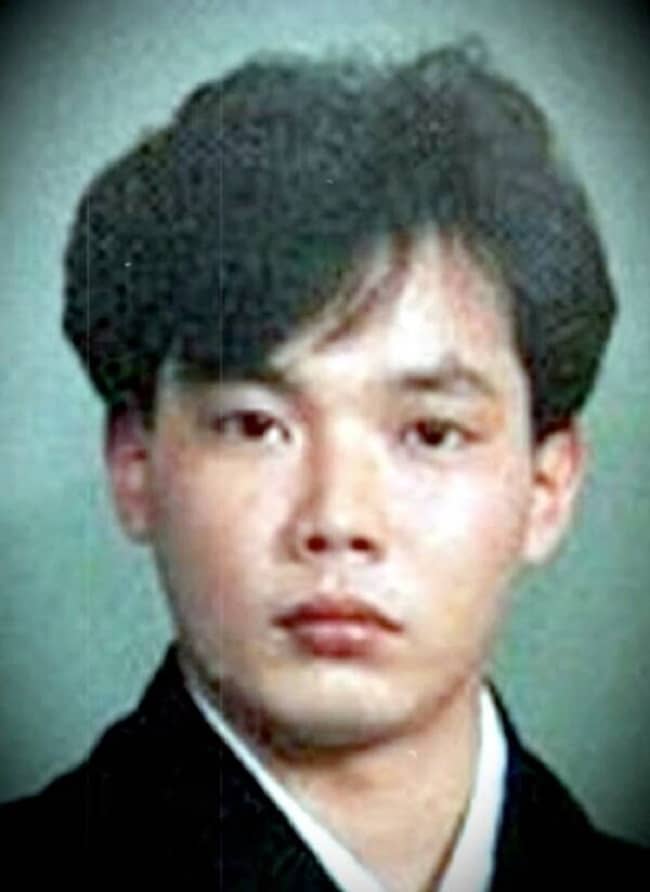
The Japanese Man Kept Hisashi Ouchi Alive for 83 Days
The Tragic Tale of Hisashi Ouchi: Unveiling the Unseen Photos Richard Ward July 11, 2023 Education / News / Press Release In the realm of medical accidents, Hisashi Ouchi's story stands as a haunting reminder of the devastating consequences that can emerge from the pursuit of scientific progress.

hisashi ouchi photos
1 Hisashi Ouchi Stock Photos & High-Res Pictures Browse 1 hisashi ouchi photos and images available, or start a new search to explore more photos and images. The body of Hisashi Ouchi, covered by a white cloth, is taken from Tokyo University Hospital 22 December, 1999 after he died of multiple organ.

Hisashi Ouchi Real Photos Man Suffered Nuclear And Radiation Accident Pictures
Hisashi Ouchi Real Photos - The Radioactive Japanese Man Kept Alive For 83 Days By Rohan Khatiwada 28 July 2022 08:32 AM Source : historyofyesterday Hisashi Ouchi's real photos have been the demand on the Internet after a fateful accident at Japan's Tokaimura nuclear power plant in 1999.
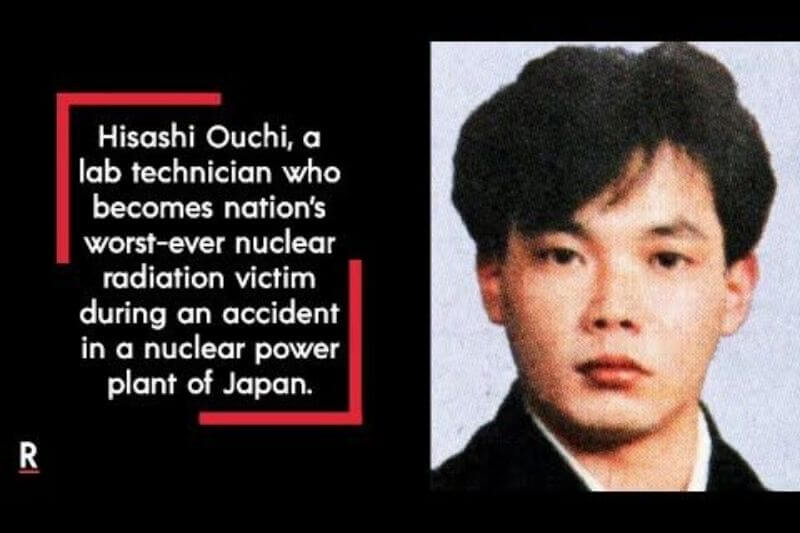
Hisashi Ouchi Earth's Most Radioactive Man Sidomex Entertainment
Coordinates: 36°28′47″N 140°33′13″E Tokai Nuclear Plant, Japan's first nuclear power station The Tokaimura nuclear accidents refer to two nuclear related incidents near the village of Tōkai, Ibaraki Prefecture, Japan.
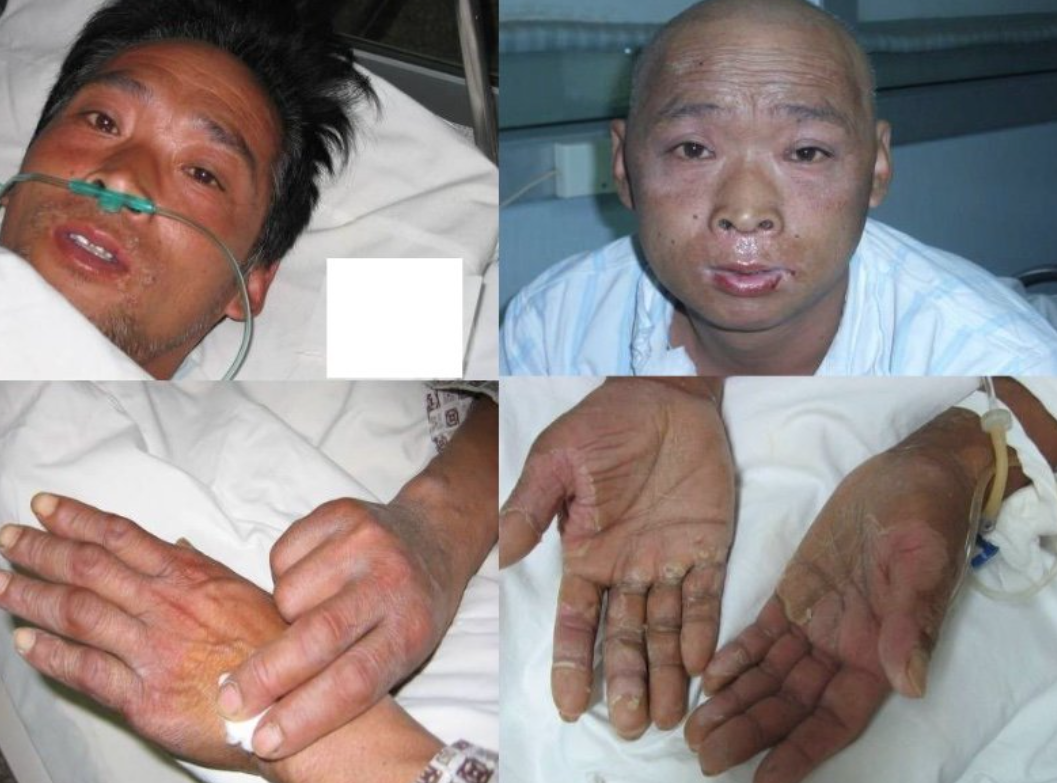
Hisashi Ouchi fotos reales llorando, el japonés que falleció por un accidente nuclear
The BMJ explains that when Hisashi Ouchi and Masato Shinohara first arrived at the National Institute of Radiological Sciences, tests showed that their lymphatic blood count had plummeted to zero. IFLScience notes that this left their bodies exposed to infections. They were also nauseous, dehydrated, and had diarrhea. Even so, HowStuffWorks states that Ouchi looked okay from the outside.

'Most radioactive man' Hisashi Ouchi was kept alive for 83 days after nuclear blast horror
436,066 Views • January 25 2019. Hisashi Ouchi. The Romanization of his surname is odd; the actual pronunciation is more like "Oh-oh-ch," and not the English "ouch." Ouchi's parotid gland is painfully enlarged by the radiation. Load 3 more images. hisashi ouchi masato shinohara tokaimura nuclear. Discover topics like radiation, hisashi ouchi.

Hisashi Ouchi Single Album by Acacia Komodo Apple Music
Hisashi Ouchi was kept alive for 83 days after absorbing 17 Sieverts of radiation, the highest level for any human being. Doctors kept him alive via blood transfusions and stem cell grafts. He suffered 3 heart attacks but each time doctors revived him. This was all done at the request of his family. 59 Sort by: Add a Comment StomachPowerful
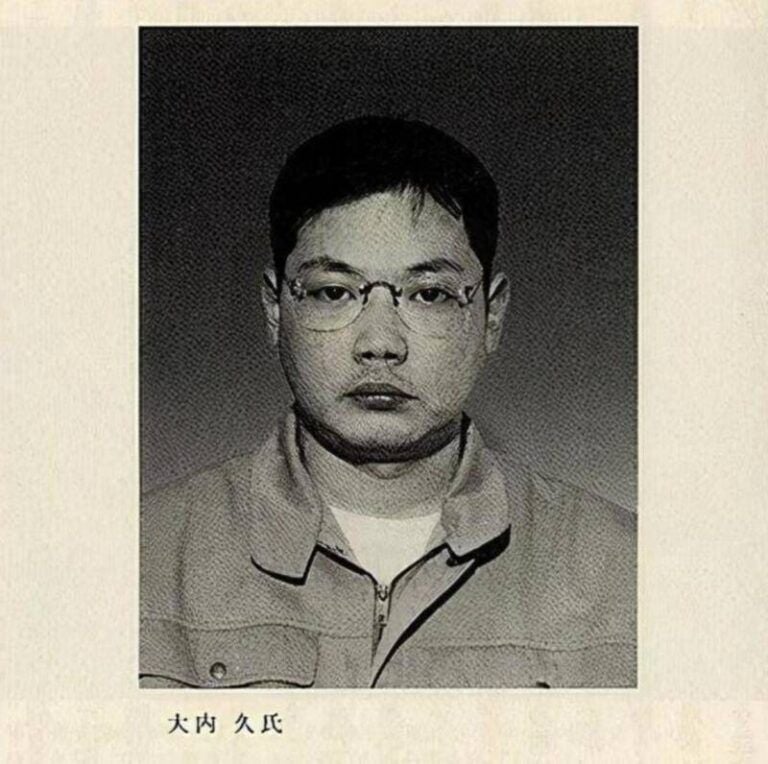
Hisashi Ouchi, The Radioactive Man Kept Alive For 83 Days
NAD, I'm only in my first year of PT school. my understanding is that cancer radiation therapy works under the same premise. for cancers that are localized, putting a dose of radiation there will ideally kill the cancer cells and prevent them from replicating and producing more. the downside is that there's not a way to target only cancer cells, so this treatment also damages healthy cells in.

Hisashi Ouchi Real Photos, Suffered 83 Days Of Death From Radiation Poisoning
By: Alyssa Miller | Published: Dec 08, 2023 Hisashi Ouchi was a Japanese nuclear plant worker who was exposed to 17 sieverts of radiation, the highest recorded whole-body exposure to radiation ever survived by a human. Ouchi did not die after receiving the fatal dose of radiation.
A picture of Hisashi Ouchi taken shortly after he was exposed to 17 Sv of radiation (8 is lethal
The most critically ill of the workers, Hisashi Ouchi, 35, was exposed to about 17 sieverts of radiation, according to the Science and Technology Agency's National Institute of Radiological Sciences in Chiba, near Tokyo.

Hisashi Ouchi Real Photo Why Was He Kept Alive For 83 Days?
A picture of Hisashi Ouchi taken shortly after he was exposed to 17 Sv of radiation (8 is lethal). His chromosomes were all destroyed, and over the next two months he was kept alive by doctors as his body slowly decomposed while Hisashi was alive. Google the pictures that follow at your own risk. NEWS 299 Sort by: x-staunch-x • 4 yr. ago
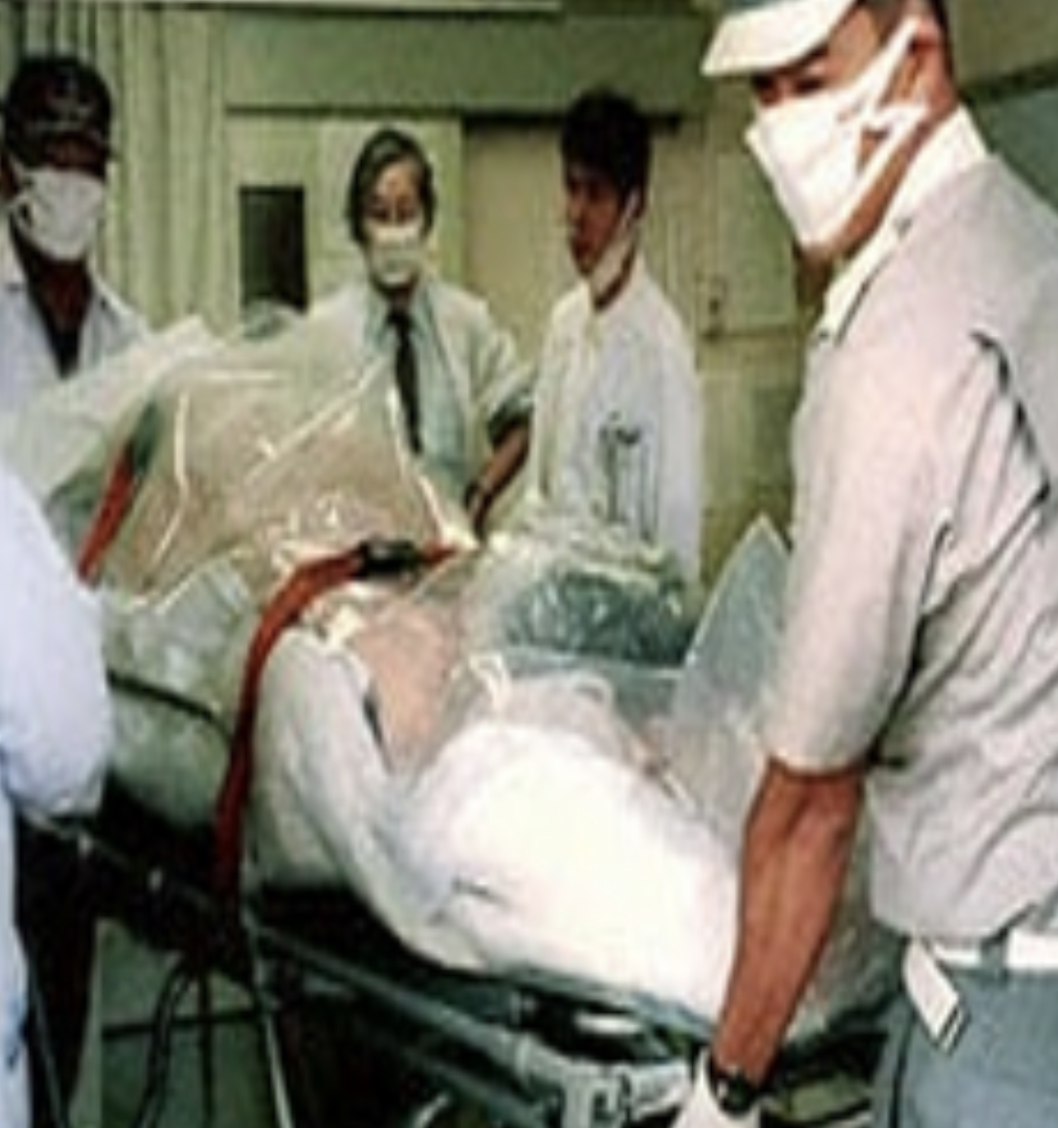
Hisashi Ouchi Is He Dead or Still Alive?
Hospitalized and Fight for Survival Hisashi ouchi real photos hospital no blur! After the accident, Hisashi Ouchi was transferred to the University of Tokyo Hospital, where doctors and medical staff fought against all odds to keep him alive. The injuries sustained by Ouchi were unlike anything medical professionals had ever seen before.

The Story Of Hisashi Ouchi A Man Who Experienced One Of The Most Painful Deaths Ever (2022)
Nuclear Science Hisashi Ouchi Suffered an 83-day Death By Radiation Poisoning By: Patrick J. Kiger Hisashi Ouchi was a handsome, powerfully built, former high school rugby player with a wife and young son when he was exposed to what was probably the highest dose of accidental radiation in history. HowStuffWorks/Peaked Interest/YouTube/Wikipedia
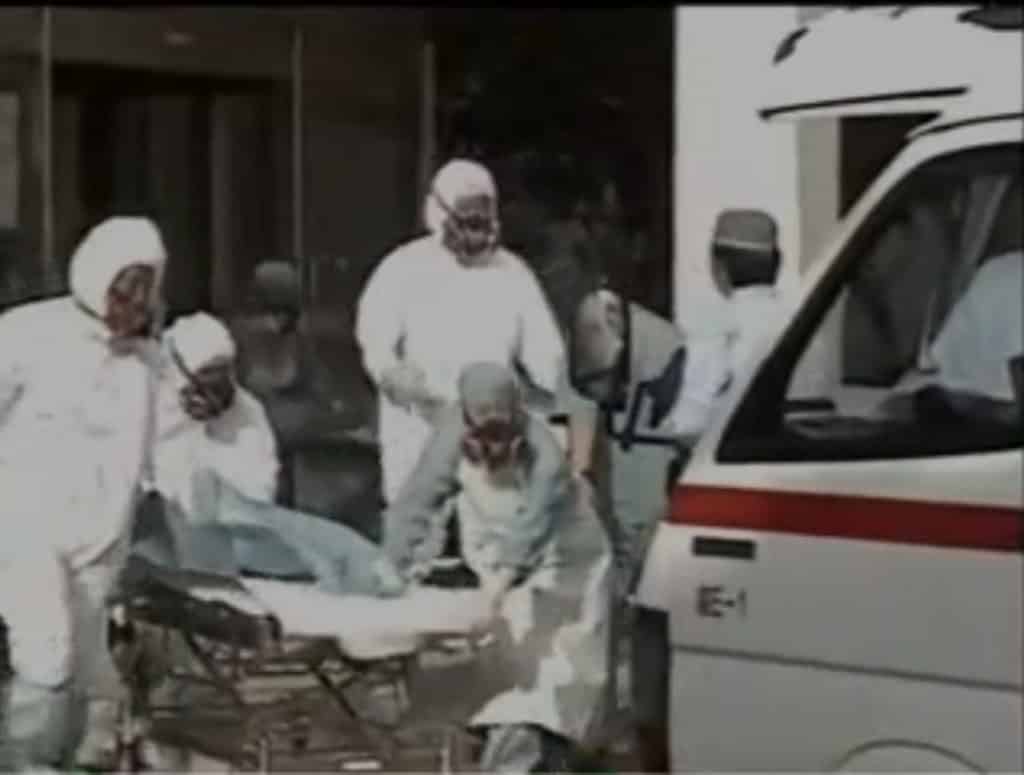
Hisashi Ouchi The Irradiated Man Kept Alive For 83 Days
RIP: Hisashi Ouchi Corpse Photos Went Viral. After Hisashi Ouchi died, horrific images of his corpse circulated online, showing his deterioration. Users debated these photographs on many websites and social media channels. Shared photos were unpleasant and rude, but some believed they were vital to educating people about nuclear radiation.